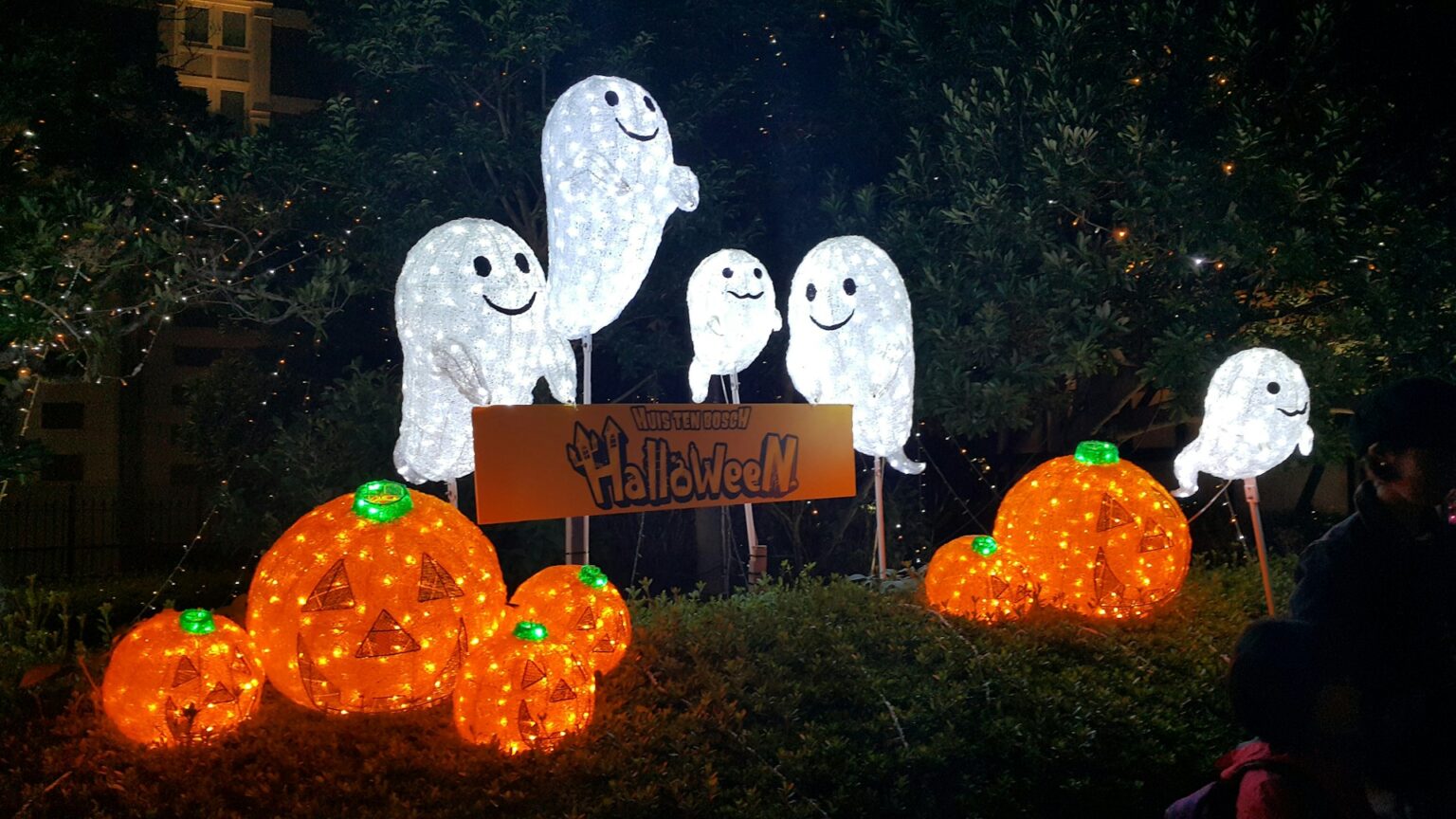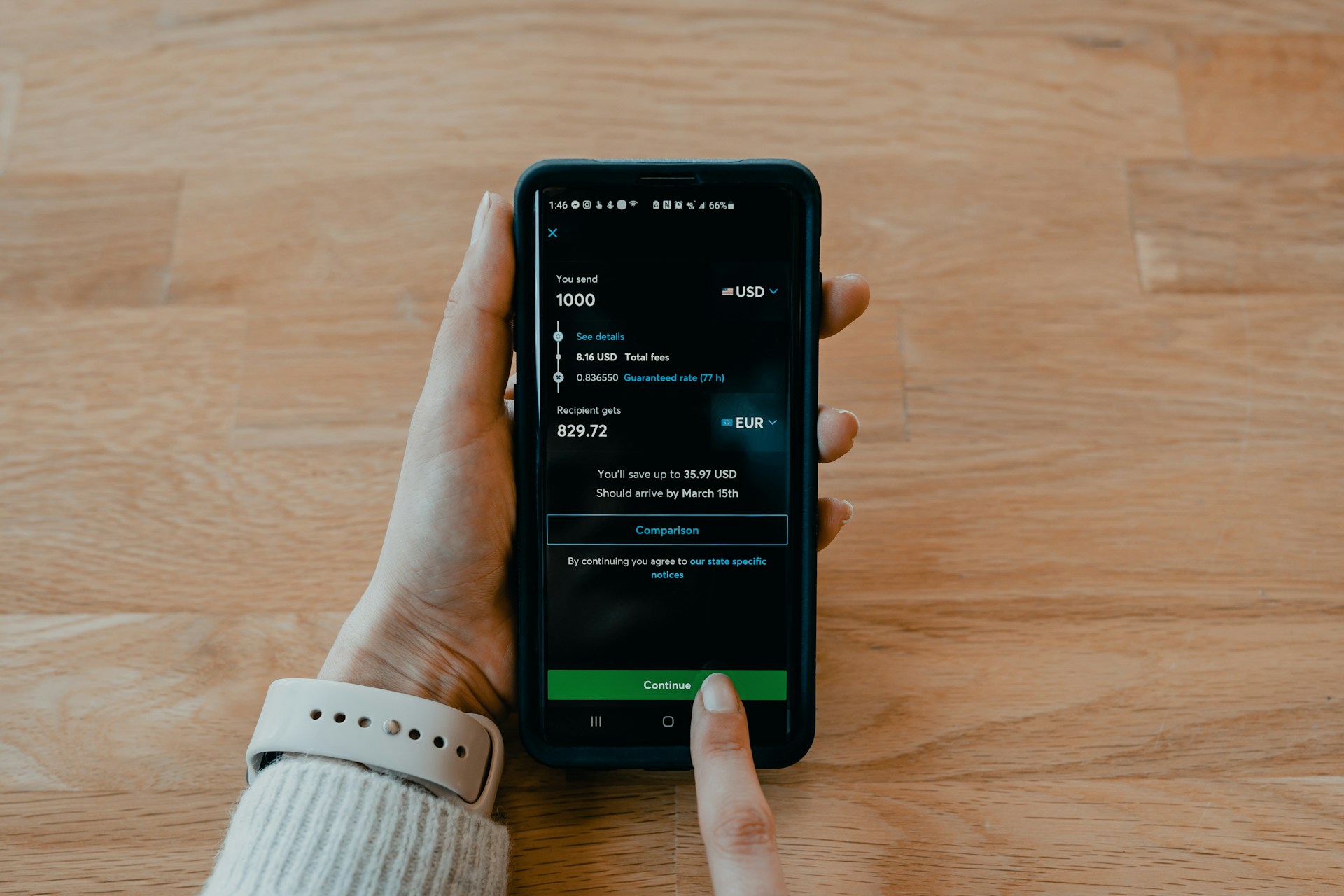For many Africans abroad, Halloween is one of those cultural experiences that feels both fascinating and unfamiliar. Back home, October 31 passes quietly, no pumpkin carvings, no costumes, no trick-or-treating. But abroad, Halloween dominates streets, stores, and schools. The decorations, the costumes, and the laughter are hard to miss.
Understanding how Africans celebrate Halloween reveals a bigger story about adaptation and belonging. At first, it feels foreign, even unnecessary, but with time, it becomes a lighthearted part of life abroad. Africans in the diaspora discover ways to enjoy it without losing touch with their roots, blending community spirit, humor, and a bit of African creativity into the celebration.
This article explores African diaspora Halloween celebrations, from cautious parents and culture-shocked newcomers to Africans turning Halloween into their own colorful festival. It also looks at African folklore Halloween stories that remind the world that Africa’s spooky side existed long before pumpkins and ghosts.
Halloween Abroad: A Mix of Curiosity and Culture
When Africans first encounter Halloween abroad, the reaction is often curiosity mixed with confusion. You might move to London or Toronto and suddenly find fake skeletons hanging from windows and people dressed as vampires at the train station. At first, you wonder what’s happening. Then you realize it’s Halloween, a Western tradition centered on fun, community, and creativity.
Growing up in Africa, most people didn’t celebrate Halloween. Instead, there were local festivals, masquerades, and storytelling nights that carried deep spiritual meaning. So the idea of celebrating ghosts and monsters in public can feel strange. But over time, curiosity wins. You join a friend’s Halloween party, help your kids choose costumes, or try pumpkin carving for the first time.
This evolving openness captures how Africans celebrate Halloween today, as a cultural bridge rather than a replacement for home traditions. Africans in the diaspora use it as a chance to connect with neighbors and learn about their new environment. What begins as a borrowed tradition slowly becomes a shared experience, a celebration of integration, laughter, and identity.
African Parents and the “What Is This Now?” Phase
For African parents abroad, Halloween used to feel suspicious. The first time a child says, “Mum, can I dress as a witch?” most parents freeze. Many associate the holiday with something spiritual or dark. Yet over time, that perception changes. Parents begin to see that celebrating Halloween as an African abroad can be harmless fun, not a moral conflict.
Today, it’s not unusual to see African families handing out candy, decorating porches, or attending school costume events. Some still prefer “harvest nights” or “light festivals” at church, ways to join in while keeping things wholesome. These alternatives show that Africans abroad don’t reject Halloween; they reshape it to fit their values.
This careful balance is central to African diaspora Halloween celebrations. It’s about finding joy in new experiences while staying grounded in culture and faith. Halloween becomes a teaching moment, for children to learn inclusion, and for parents to show discernment. In doing so, African families abroad prove that cultural adaptation doesn’t have to mean cultural loss.
African Creativity Meets Western Costumes
Africans rarely do anything halfway, and Halloween proves it. Across Europe and North America, Africans have transformed the spooky season into a showcase of imagination. From Naija-ween parties in London to Afrobeat-themed Halloween nights in Toronto, the diaspora puts its own spin on every celebration.
You’ll see costumes inspired by Nollywood movies, African royalty, or legends from back home. Some blend Ankara fabrics with modern styles, while others create symbolic outfits drawn from cultural stories. This is one of the clearest signs of how Africans celebrate Halloween, not by imitating Western culture but by blending it with African expression.
The creativity extends beyond costumes. African communities abroad organize dance parties, cookouts, and charity drives around Halloween. It’s both a cultural statement and a social gathering.
By remixing Halloween with African energy, the diaspora has turned a foreign tradition into a stage for confidence and connection. In every costume and playlist lies the message that Africans abroad can belong anywhere, and do it in style.
SEE ALSO: 6 Best Ways to Stay Connected with Family and Friends While Abroad
The Folklore Connection: African Myths That Fit Right In
Africa’s storytelling tradition has always had a spooky side, long before Halloween existed. From Nigeria’s Madame Koi Koi and Ghana’s Adze to South Africa’s Tokoloshe, African folklore Halloween stories could rival any Hollywood horror film.
When Africans abroad celebrate Halloween, these tales often resurface. They’re shared at parties, on podcasts, or in classrooms, connecting African identity to global traditions. This storytelling culture explains part of how Africans celebrate Halloween differently, by turning it into an occasion to teach heritage, not just wear costumes.
The exchange works both ways. Westerners learn about African myths, while Africans see how their stories resonate globally. It’s cultural preservation through conversation. In many ways, Halloween abroad becomes a platform for the diaspora to keep oral traditions alive, a blend of ancient fear, humor, and wisdom retold through modern celebration.
Halloween, then, becomes more than a Western holiday. It’s a cross-continental dialogue, proof that Africa’s legends have a place in global imagination.
A Celebration of Belonging
Ultimately, how Africans celebrate Halloween reflects what life in the diaspora truly is: learning, adapting, and belonging. Every pumpkin carved, every child dressed up, every party attended becomes a symbol of integration without assimilation.
For Africans abroad, Halloween offers something deeper than entertainment, it’s community. It’s the chance to meet neighbors, share laughter, and explore new traditions while proudly holding onto old ones. Many have even created African diaspora Halloween celebrations that fuse music, food, and storytelling into one unforgettable night.
Participation isn’t about losing cultural identity; it’s about expanding it. By engaging in Halloween their own way, Africans abroad demonstrate that you can celebrate globally and still stay authentically African. It’s not about imitation, it’s about inclusion. And every October 31, that inclusion tells the same powerful story: Africans don’t just adapt to culture; they redefine it.
Happy Halloween!


